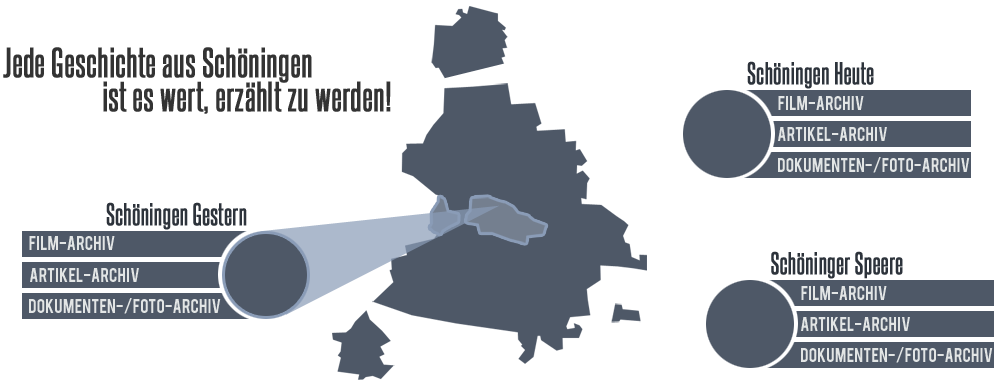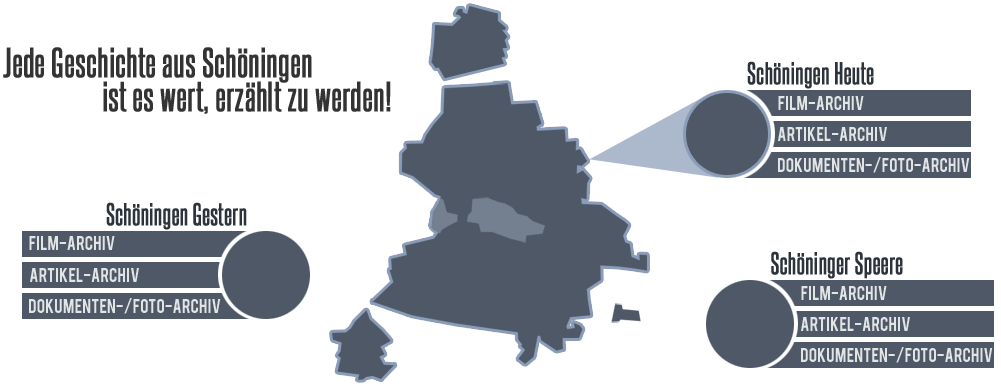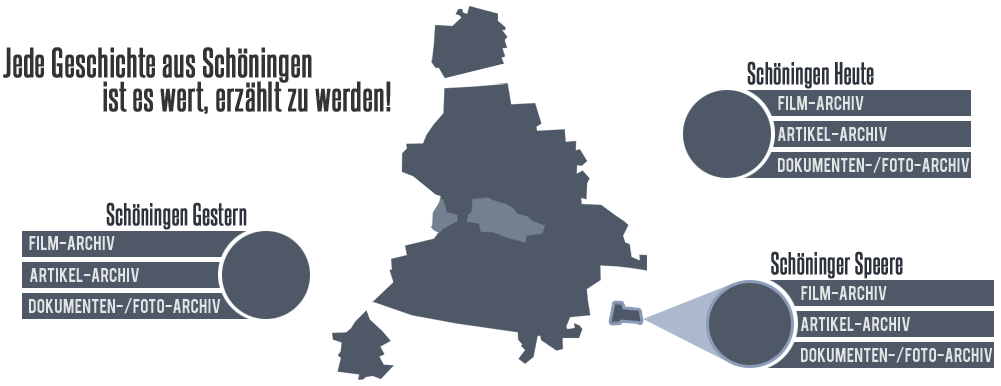This latest release improves the performance, stability, and security of Java application development. GraalVM for JDK 17 binaries are free to use in production and free to redistribute, at no cost, under the
GraalVM Free Terms and
Conditions (GFTC). GraalVM for JDK 21 binaries are free to use in production and free to redistribute, at no cost, under the
GraalVM Free Terms and
Conditions (GFTC). JDK 17 binaries are free to use in production and free to redistribute, at no cost, under the Oracle No-Fee Terms and Conditions (NFTC). JDK 21 binaries are free to use in production and free to redistribute, at no cost, under the Oracle No-Fee Terms and Conditions (NFTC).
- We are continuously reviewing this list for addition
of other countries. - The Java EE 7 SDK Update 2 or Java EE 7 Web Profile SDK Update 2 is extracted into a new glassfish4 directory under your current directory.
- The Software Bundle can be installed only on OS X v10.7.3 (Lion) or newer.
- Java SE 8u211 and later updates are available, under the Java SE OTN License.
Use for other
purposes, including production or commercial use, requires a Java SE Universal Subscription or another Oracle license. The source code of the RI binaries is available under the
GPLv2 in a single
zip file (md5)
100 MB. The official Reference Implementations for Java SE 7
(JSR 336) are
based solely upon open-source code available from the JDK 7 Project in the
OpenJDK Community. Binaries are
provided for both the linux-x64 and windows-i386 platforms. For production use Oracle recommends downloading the latest JDK and JRE versions and allowing auto-update. Due to limited intellectual property protection and enforcement
in certain countries, the JDK source code may only be distributed
to an authorized list of countries.
Java SE Development Kit 7 and NetBeans IDE Install Instructions
The following procedure describes how to install the SDK distributions using the ZIP file. To submit feedback about this documentation, please send email to Documentation Feedback. See instructions for installing the JDK and JRE on Windows, Linux, and OS X at the Java SE Downloads page.
Subsequent JDK 17 updates will be licensed under the Java SE OTN License (OTN) and production use beyond the limited free grants of the OTN license will require a fee. The JDK is a development environment for building applications using the Java programming language. The JDK includes tools useful for developing and testing programs written in the Java programming language and running on the JavaTM platform. Only developers and enterprise administrators should download these releases. For release notes on versions greater than 1.7.0_80 please visit the Java SE 7 Advanced and Java SE 7 Support release notes. Update Release Notes summarize changes made in all Java SE 7 update releases.
Which Java 8 package do I need?
For more information on installation and licensing of Java SE Suite and Java SE Advanced, visit Java SE Products Overview. WebLogic Server offers a robust, mature, and scalable implementation of Java Enterprise Edition (EE) and Jakarta EE to run enterprise Java Applications in the cloud or on premises. You must accept the
Oracle https://remotemode.net/ Binary Code License in order to download this
software. The following resources in the Java EE 7 SDK Update 2 and Java EE 7 Web Profile SDK Update 2 will help you get started with Java EE 7. The Java EE 7 SDK Update 2 or Java EE 7 Web Profile SDK Update 2 is extracted into a new glassfish4 directory under your current directory.
How High Can Kotlin Go? – iProgrammer
How High Can Kotlin Go?.
Posted: Wed, 22 Nov 2023 14:37:50 GMT [source]
JDK 21 is the latest long-term support release of Java SE Platform. For supported processors and browsers, see Oracle JDK Certified Systems Configurations. Java SE 8u211 java 7 certifications and later updates are available, under the Java SE OTN License. Eclipse GlassFish provides a complete application server which serves the Jakarta EE specification.
Java Magazine
Thank you for downloading this release of the JavaTM Platform, Standard Edition Development Kit (JDKTM). The JDK is a development environment for building applications, applets, and components using the Java programming language. JDK 7 is a superset of JRE 7, and contains everything that is in JRE 7, plus tools such as the compilers and debuggers necessary for developing applets and applications.
You will not be able to access
the source code if you are downloading from a country that is not
on this list. We are continuously reviewing this list for addition
of other countries. These downloads can be used for development, personal use, or within Oracle Cloud. Use for other purposes, including production or commercial use, requires a Java SE subscription product. The
Oracle Technology Network License Agreement
for Oracle Java SE is substantially different from prior Oracle JDK 8 licenses. This license permits certain
uses, such as personal use and development use, at no cost — but other uses authorized under prior Oracle JDK
licenses may no longer be available.
Follow Oracle Developer
If you don’t have an oracle.com account you can use the links on the top of this page to learn more about it and register for one for free. You run a self-installing executable file to unpack and install the JDK on Windows computers. In most cases, the bug ID number for each bug fixed is a link to the detailed bug report on the Bug Database (Bug Parade) web site. Bug Database enables you to file your own bug reports, add comments to existing bug reports, and vote for the bugs you consider most important.
- Note that bug fixes are cumulative, that is, bug fixes in previous update versions are included in subsequent update versions.
- The JDK includes tools useful for developing and testing programs written in the Java programming language and running on the JavaTM platform.
- For production use Oracle recommends downloading the latest JDK version.












